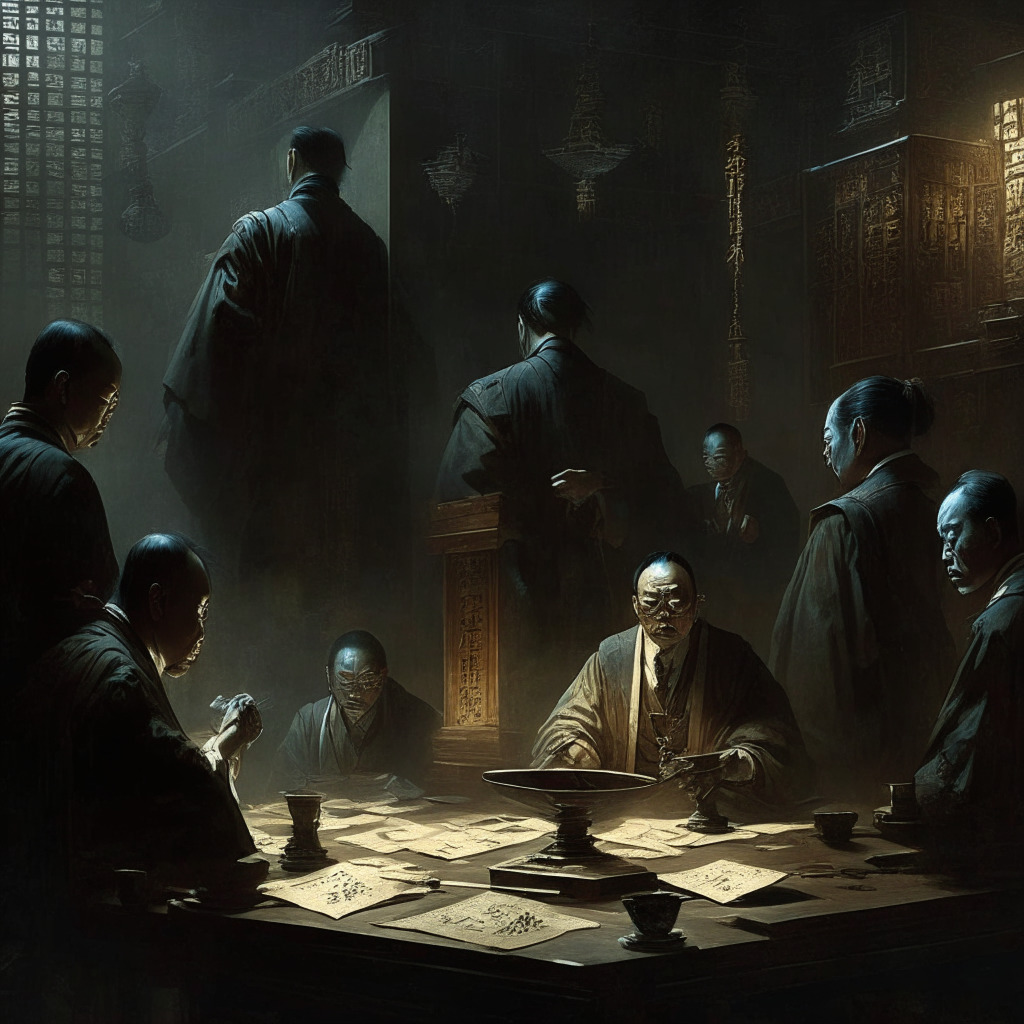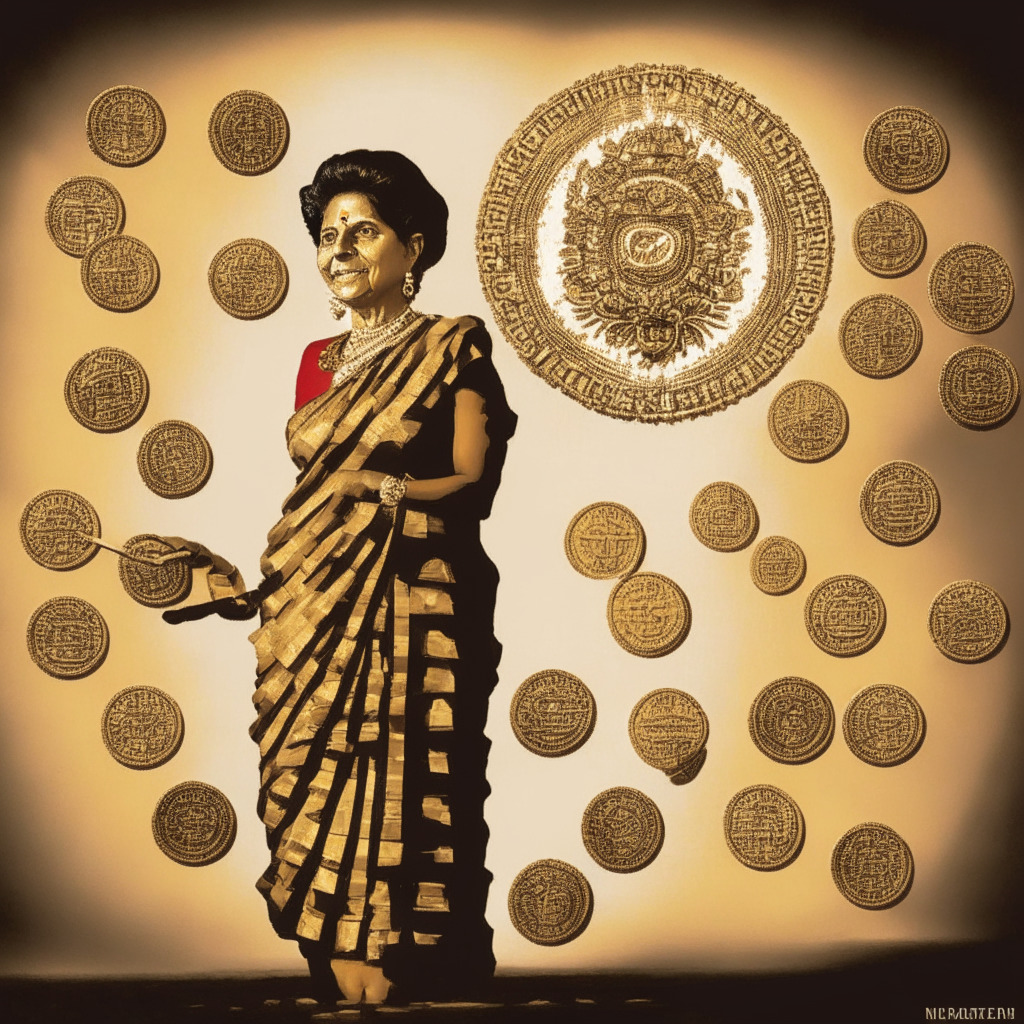In a recent legal battle, French luxury fashion house Hermès International scored a significant win against artist Mason Rothschild over his “MetaBirkin” non-fungible token collection. A Manhattan judge has ordered a permanent injunction on all sales of the collection, claiming that Rothschild’s entire scheme aimed to deceive consumers into believing that Hermès endorsed his lucrative NFT project.
The NFT collection features100 NFT artworks with depictions of furry Birkin-style handbags. Rothschild reportedly generated more than $1 million in sales from the project, leading Hermès to take legal action against him in January, accusing Rothschild of improperly using its Birkin trademark and leading customers to believe that the brand supported the project.
The court ruled that Rothschild had violated Hermès’ trademark, ordering him to pay $133,000 in damages. However, Rothschild claimed that his project was an artistic expression protected by the First Amendment, in a similar fashion to Andy Warhol’s Campbell’s soup cans series.
Rothschild also argued that he did not explicitly mislead consumers, as he provided disclaimers explaining that Hermès had no affiliation with the project. In response, the judge and jury questioned Rothschild’s use of the word “Birkins,” pointing out that his decision to use Hermès’ trademarks was itself explicitly misleading and his disclaimer defense was insufficient.
This case demonstrates the challenges and complexities surrounding intellectual property rights in the world of NFTs. Some may argue that artists should be free to create and sell their art without fear of legal repercussions, especially when it comes to popular cultural symbols. However, others might argue that this case serves as a necessary warning for those who attempt to profit from prominent brands’ success by infringing on their trademarks.
Ultimately, Rothschild’s defense fell short in the eyes of the judge, emphasizing that nothing in the First Amendment protects him from liability for such a deceptive scheme. The outcome of this case may serve as a valuable lesson for artists venturing into the NFT space and others who may face similar challenges.
In conclusion, as the legal landscape surrounding NFTs continues to evolve, the balance between artistic expression, intellectual property rights, and consumer protection may prove to be a challenging and contentious issue. While the outcome of this case may be a win for Hermès, it raises many questions and concerns about the future of NFTs and their place in the broader art world.
Source: Cointelegraph




